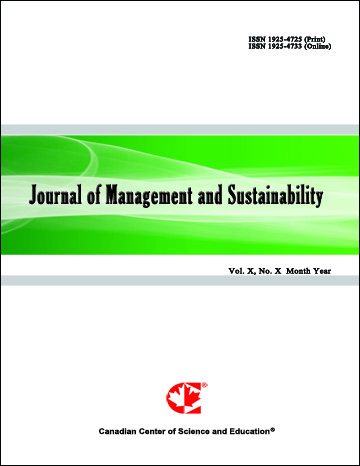Analysis of Gender and Other Social Dimensions of Household Water Insecurity in Ngamiland, Botswana
- Krasposy Kujinga
- Cornelis Vanderpost
- Gagoitseope Mmopelwa
- Wellington Masamba
Abstract
This paper analyzes impacts of water insecurity on men, women and children in Botswana, a middle income and semi-arid country. The paper contributes to the burgeoning literature on water security. Households in different settlement categories of Ngamiland, Botswana experience water insecurity. Men, women, girls and children living in water insecurity lifeworlds, play various roles in ensuring household water availability. Women and girls have the greatest agency in ensuring household water availability by spending considerable time transporting water containers loaded on their heads and engaging in rainwater harvesting. Water insecurity negatively affects personal hygiene and gives rise to household interpersonal conflicts. Countries facing water insecurity, e.g. Botswana need to promote research that can inform appropriate water policies, legal frameworks, technologies for water supply and financial mechanisms for enhancing household water security.
- Full Text:
 PDF
PDF
- DOI:10.5539/jms.v4n4p86
Journal Metrics
Google-based Impact Factor (2021): 1.54
h-index (July 2022): 37
i10-index (July 2022): 147
h5-index (2017-2021): 12
h5-median (2017-2021): 19
Index
- Academic Journals Database
- ANVUR (Italian National Agency for the Evaluation of Universities and Research Institutes)
- CAB Abstracts
- CNKI Scholar
- EconBiz
- Excellence in Research for Australia (ERA)
- GETIT@YALE (Yale University Library)
- Harvard Library
- HeinOnline
- Infotrieve
- JournalTOCs
- LOCKSS
- MIAR
- PKP Open Archives Harvester
- RePEc
- Scilit
- SHERPA/RoMEO
- Stanford Libraries
- UCR Library
Contact
- Evelyn XiaoEditorial Assistant
- jms@ccsenet.org
